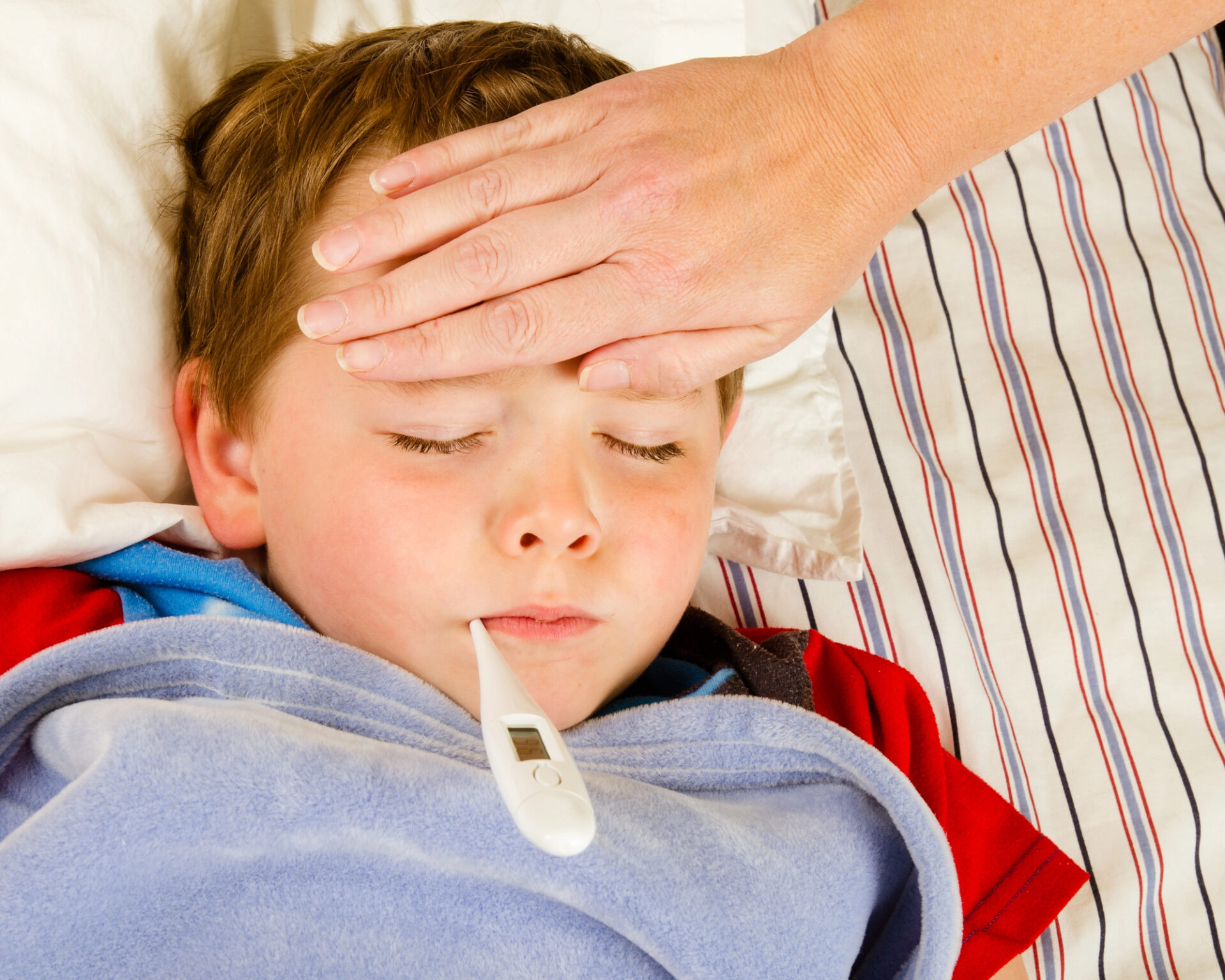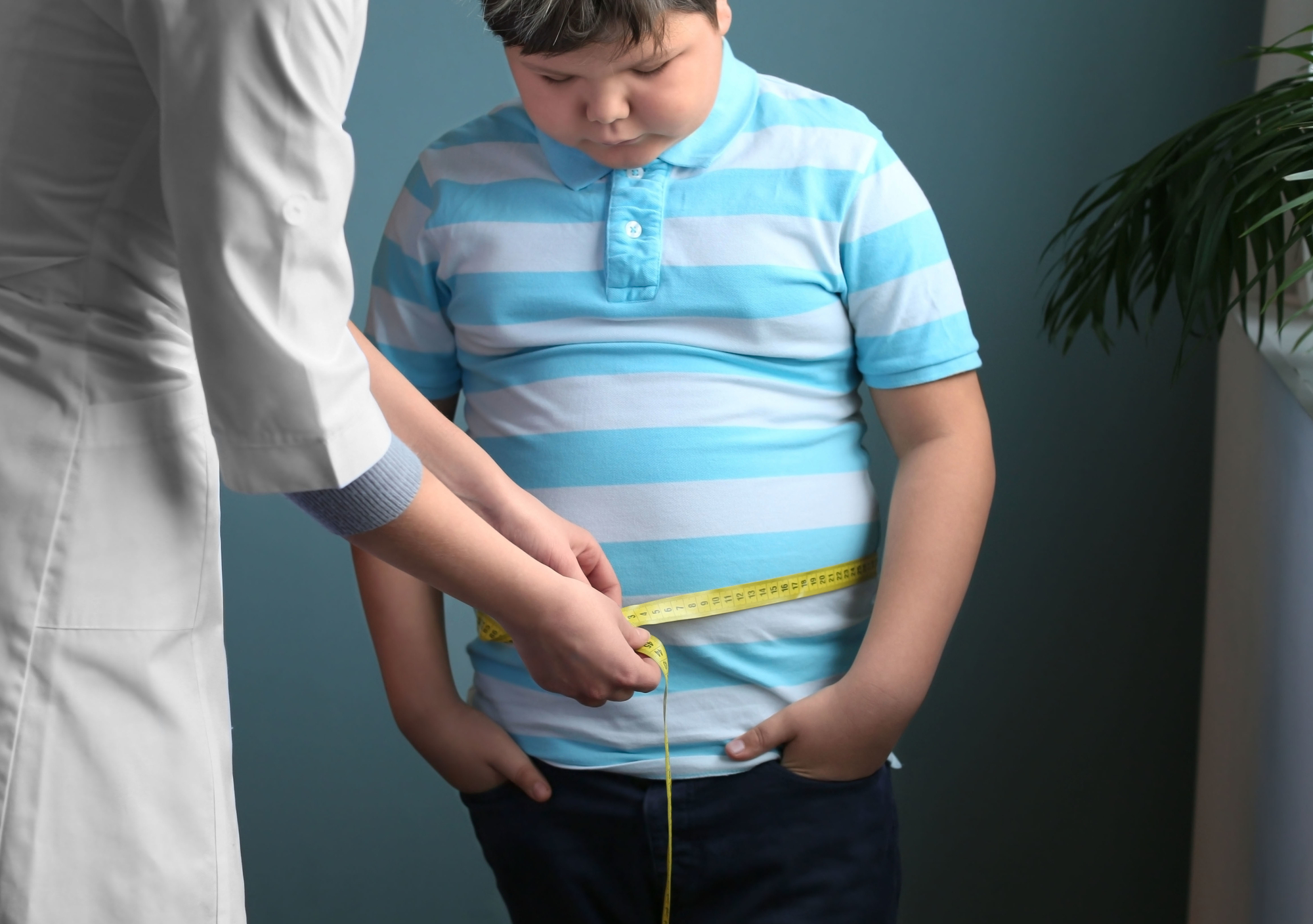Social Media Use Among Adolescents Contributes to Increased Depressive Symptoms Over Time
A longitudinal study in JAMA Network Open reveals a significant within-person link between increased social media use and rising depressive symptoms among adolescents. Findings emphasize the need for early interventions and informed clinical guidance on youth digital habits.











